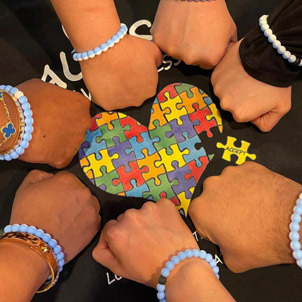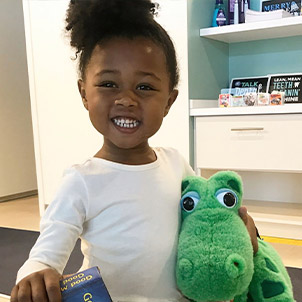welcome to alexandria children’s dentistry
Our mission is to provide exceptional dental care to infants, children, adolescents, and those with special needs in a comforting, caring, and fun environment. It is our ultimate goal to ensure the optimal health of all children in and around Alexandria, VA.
Treating children presents a unique opportunity to make a positive impact in their lives. At Alexandria Children’s Dentistry, we provide an environment that eases fears and encourages smiles. We do this through our caring touch, unique communicative approach, and fun style supported by the American Academy of Pediatric Dentistry.
Alexandria Children’s Dentistry is committed to clinical excellence. Our team invites you to learn more about our office with a complimentary visit and tour. Contact our two convenient Alexandria locations in Landmark or Del Ray for further information, or to schedule an appointment your child!
























